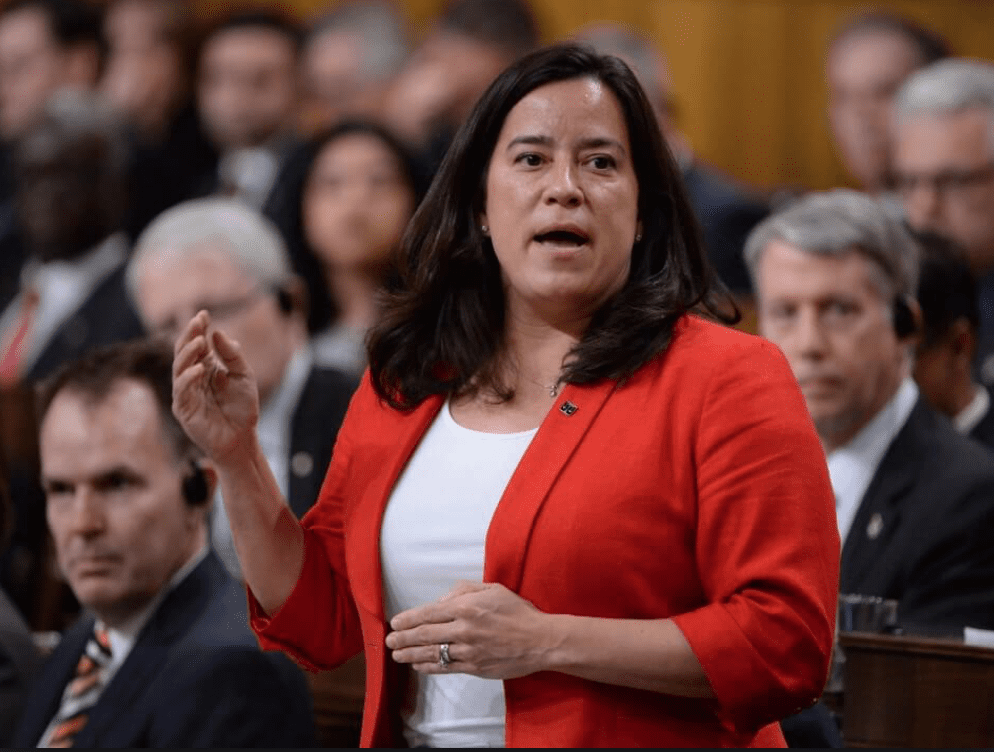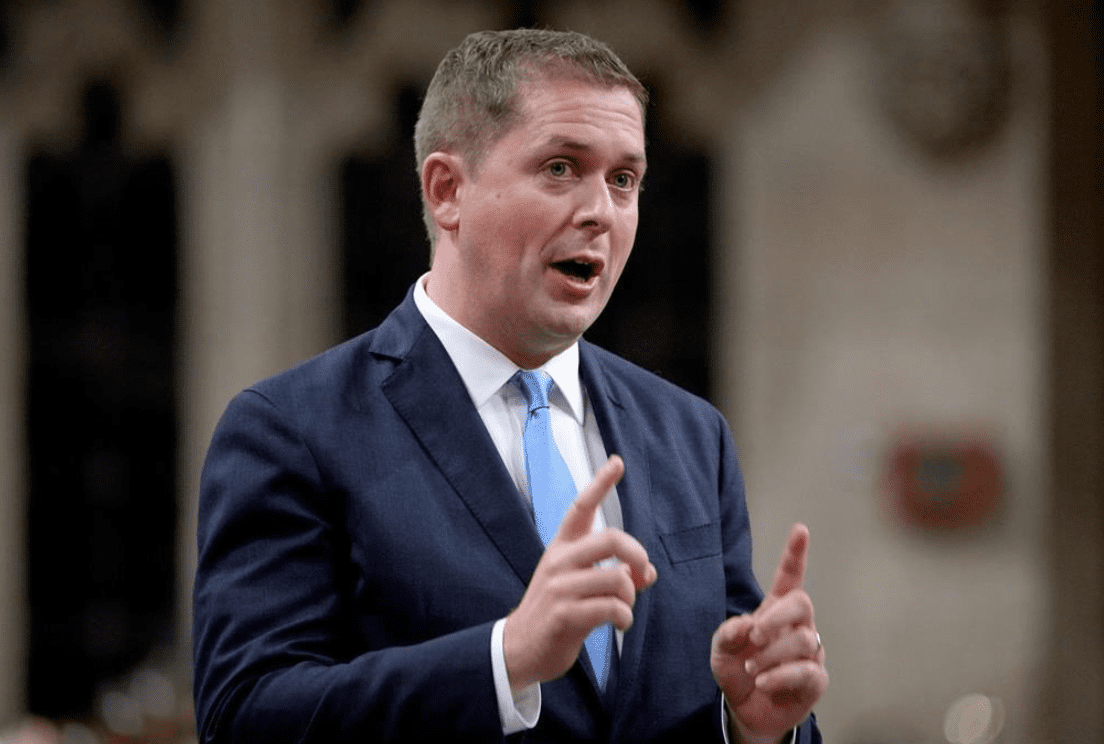The small drama last week over Jody Wilson-Raybould's office was the stuff that feels a bit inside baseball to the Parliamentary precinct, but at the same time, shows a little bit about the state of play for independent MPs. While it's been fascinating to watch Wilson-Raybould offer different stories to the media and to her supporters and apologists over social media particularly in how she has played them off of one another there is nevertheless a reality sinking in about the fact that it's going to be a tough and sometimes lonely road for independents in the House of Commons. The talk by certain wannabe democratic reformers definitely is a far cry from what those of us who actually know how Parliament works knew it was going to be, and Paul Wells hit the nail on the head on Power & Politics on Friday with this particularly trenchant observation.
"Jody Wilson-Raybould and Jane Philpott got lousy advice when they decided to run as independents," said Wells. "People who have a lot of ideas about how Parliament should run told them that you will be the pivot of a renaissance in parliamentary democracy because you've got a very good chance to hold the balance of power in a hung parliament, and with other dreamers, you can change everything. That was never going to be true, and that's what she's finding out."
Those offering the bad advice, such as Dave Meslin, made the case that more independents will somehow fix what goes on in Parliament, because in other countries, there were a number of independents working as voting blocs in their parliaments in a spirit of collaboration for evidence-based decision-making, and that somehow this was going to "disrupt the toxic polarization" of our political discourse. It's all grade-A bullshit, and yet the pair of them apparently believed it after receiving a lot of attention for their high-profile ouster from the Liberal Party over an apparent matter of principle, though your mileage on that principle will vary.
Of course, the "success" of those independent blocs in those other countries are very much dependent upon local conditions, voting systems, parliamentary dynamics, and factors that are unlikely to be replicable in Canada. There is also no small irony that Meslin also likes to push for proportional representation, but keeps using examples that assume a pure PR system more akin to that of Israel, and can't seem to find the ability to appreciate how that would work in Canada without a constitutional amendment to remove the allocation of seats per province, or the fact that such a system would by default preclude independents because the seats are allocated by party. As for his particular fascination with the Republic of Ireland, their ability to run a single-transferrable vote system is helped by the fact that the country is the size of a postage stamp Canada would be unable to replicate it when the fact that a good many of our rural ridings are larger than Ireland itself. Some in fact are larger than France.
This particular kind of belief in the magic of independent MPs also grossly misunderstands how Responsible Government operates, and that is by parties. You need parties to make this system work because that's how you achieve and maintain confidence. If you did not have parties, then whoever cobbled together a government would essentially need to buy off enough MPs be it through infrastructure projects or other spending promises to get those votes. This may not be how they hope it will work, where everyone gets together and collaborates on the best evidence-based solutions, but that is reality. Parties work because they can do the internal horse-trading around regional benefits and so on that keep things on a broader level rather than making promises to individual MPs and their constituencies. The notion that somehow all of these independents would collaborate and come up with evidence-based policy is more akin to a belief in technocracy than it is in democracy, where competing ideologies matters.
This isn't to say that there can't be a role for independent MPs there can, but it's by its very nature a constrained one. The chances that it's one or two independents who hold the balance of power in a hung parliament are astronomically low, and you can't run as an independent with the belief that this is going to happen every time. It won't. And independents by necessity have fewer options available to them in Parliament they have little speaking time allotted to them, no ability to become voting members on any committee, and their ability to make contributions to legislation is very, very narrow. While some past independents were fairly useless, treating it as a part-time job (looking at you, André Arthur), if an independent like Wilson-Raybould has a specific project in mind, she could use what little influence she has to try and advance it but it will be particularly difficult, given the number of bridges that she burned along the way.
While it's all well and good to hope for greater collaboration in the House of Commons, particularly in a hung parliament situation, there are still some basic realities that are immutable, and that is that there will not always be agreement on the best course of action, or just what "evidence-based" policy would actually be. Much like "listen to the scientists" on climate won't actually deliver proper public policy, there is rarely a single course of action, no matter the evidence being presented, but the dreamers seem fairly immune to that bit of reality. Just because you have a theoretical bloc of independent MPs doesn't mean that their solutions won't be driven by an underlying ideology, even if they don't put a party label to it. That's why this whole notion is fairly disingenuous, but wrapping it up in the belief that somehow more independents are the solution to what ails democracy rather than looking into the root causes is more snake oil for the dreamers.
Photo Credit: CBC News








